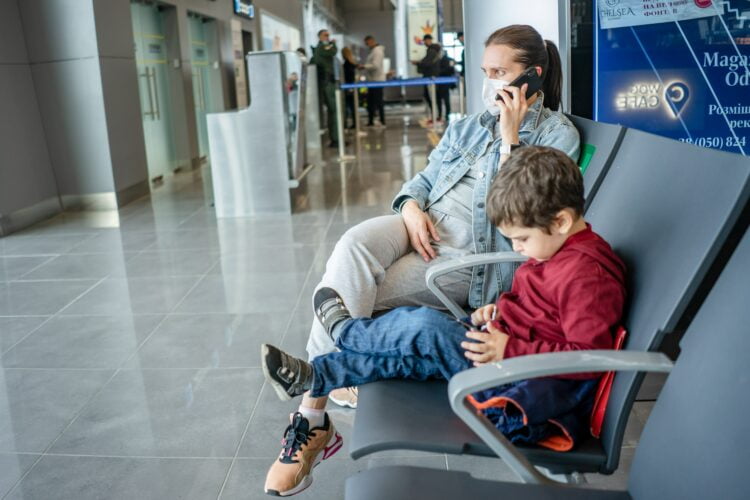In a groundbreaking case that shook the airline industry and impacted millions of passengers, AirHelp took on SAS in a legal battle that would redefine the rights of airline passengers. This article delves into the details of the record-breaking case and its profound implications for European passengers, airlines, and the entire industry. The European Court of Justice (ECJ) played a pivotal role in this high-stakes legal showdown, ultimately reshaping the interpretation of the Charter of Fundamental Rights of the European Union.
The Beginning:
The origins of this case can be traced back to Germany, where the Supreme Court ruled in 2012 that airline staff strikes constitute extraordinary circumstances under EC 261, effectively denying passengers compensation for flight disruptions caused by strikes. However, a subsequent ruling by the ECJ in 2018, following a wildcat strike by TUIfly flight staff, created confusion among judges across Europe. Some interpreted the ruling narrowly, while others recognized that all airline staff strikes should be considered non-extraordinary. AirHelp, as an advocate for passenger rights, navigated this uncertain landscape, classifying countries as “green,” “yellow,” or “red” based on their treatment of staff strikes.
SAS pilot strikes
In April 2019, the pilots of Scandinavian Airlines (SAS) went on strike, resulting in the cancellation of over 4,000 flights and affecting nearly 400,000 passengers. This strike, planned well in advance and carried out in accordance with the laws on strikes, triggered a legal battle that would have far-reaching consequences. AirHelp seized the opportunity to raise awareness about passenger rights and successfully launched a massive campaign to assist affected passengers. However, SAS vehemently refused to provide compensation to passengers, and national authorities in Sweden and Denmark sided with the airline, declaring the strike as an extraordinary circumstance.
Flight compensation in cases of strikes
AirHelp, determined to establish the principle that all airline strikes should be considered non-extraordinary, initiated legal proceedings against SAS. In a strategic move, they filed two simultaneous cases in Copenhagen City Court and Attunda City Court in Stockholm. Their objective was to convince at least one of these courts to request a preliminary ruling from the ECJ, bypassing the lengthy process of appealing to higher courts. The Danish court initially showed promise, but to AirHelp’s disappointment, it was overruled by the appeals court. However, the Attunda judge eventually decided to seek a preliminary ruling from the ECJ, setting the stage for a momentous legal battle.
Conclusion
AirHelp’s case, referred to as AirHelp vs SAS, took center stage at the ECJ in Luxembourg in December 2020. Amidst the challenges posed by the COVID-19 pandemic and changing travel restrictions, representatives from both parties, accompanied by their legal teams, appeared before the court. The atmosphere in Luxembourg was surreal, with empty streets and a sense of uncertainty looming in the air. The hearing commenced with AirHelp presenting their arguments, followed by SAS and other interested parties, including member states and the EU Commission.
The ECJ hearing proved to be a nerve-wracking experience for both AirHelp and SAS. Each side had a limited time to present their case, and the judges, known for their probing inquiries, sought to uncover the truth. The involvement of member states and the EU Commission added complexity to the proceedings. AirHelp received support from Spain and France, while Denmark and Germany aligned with SAS. The EU Commission attempted to strike a middle-ground stance, leading to further confusion among European courts.
 English
English
 Lietuviškai
Lietuviškai